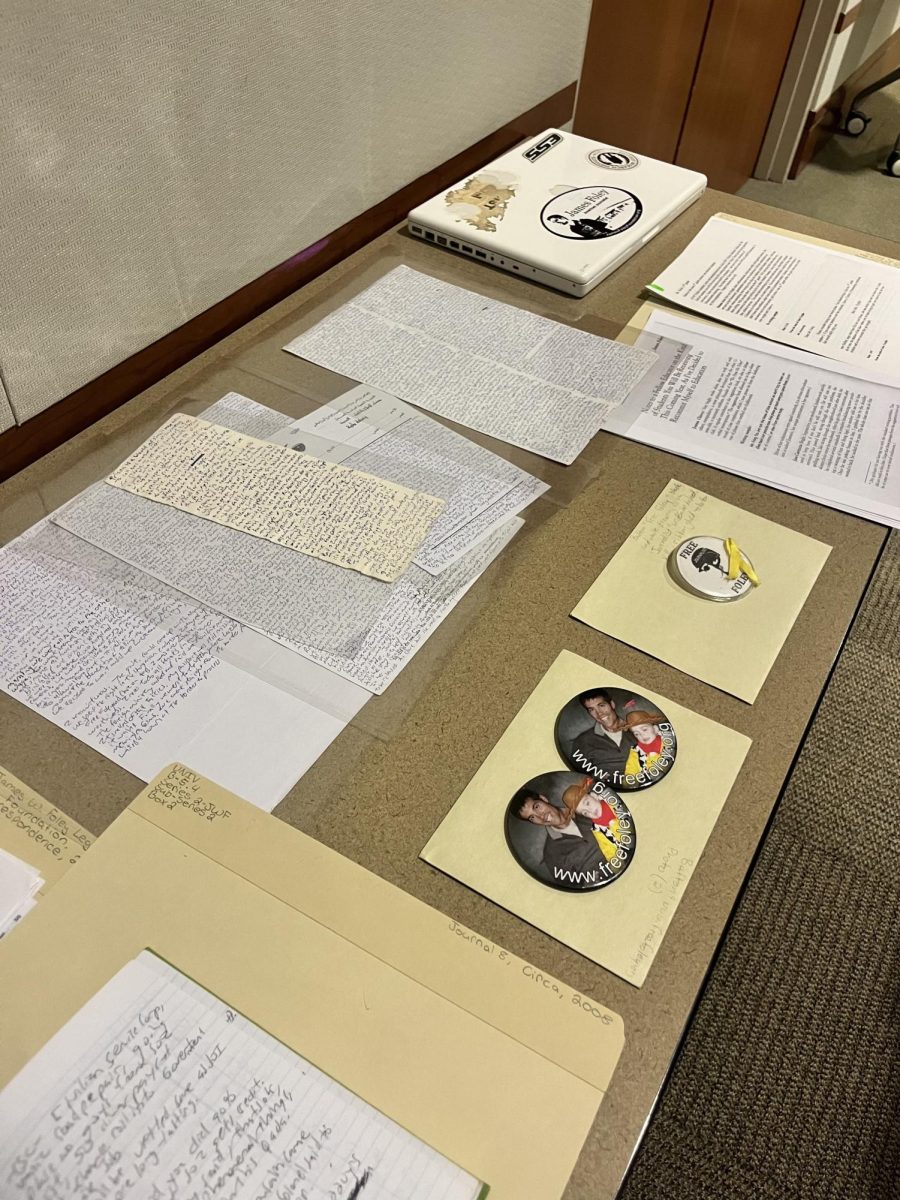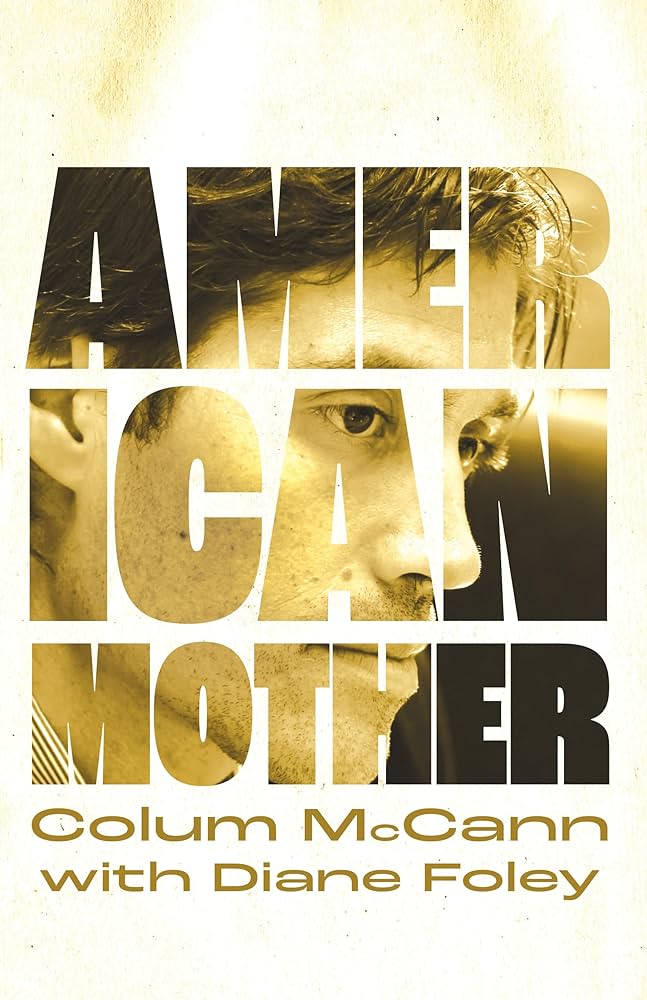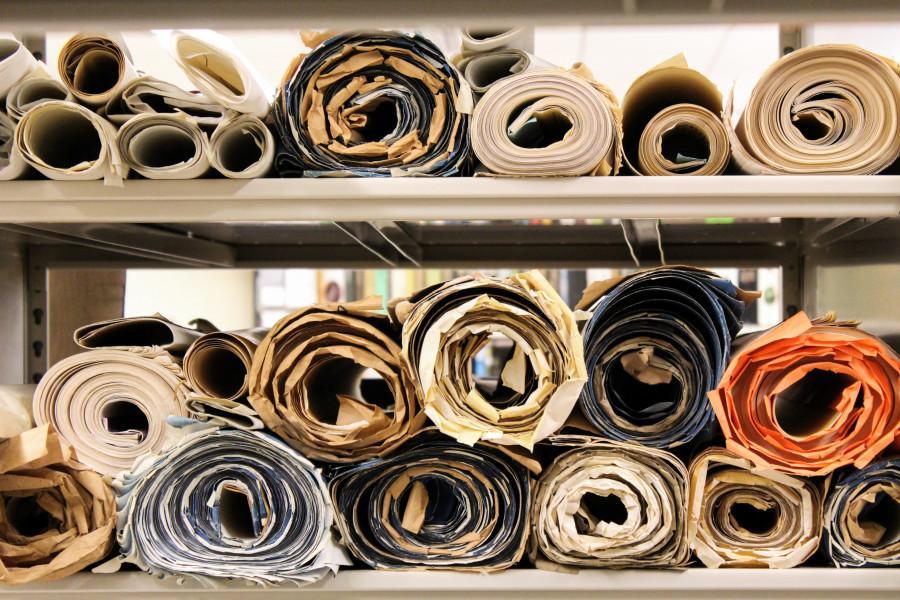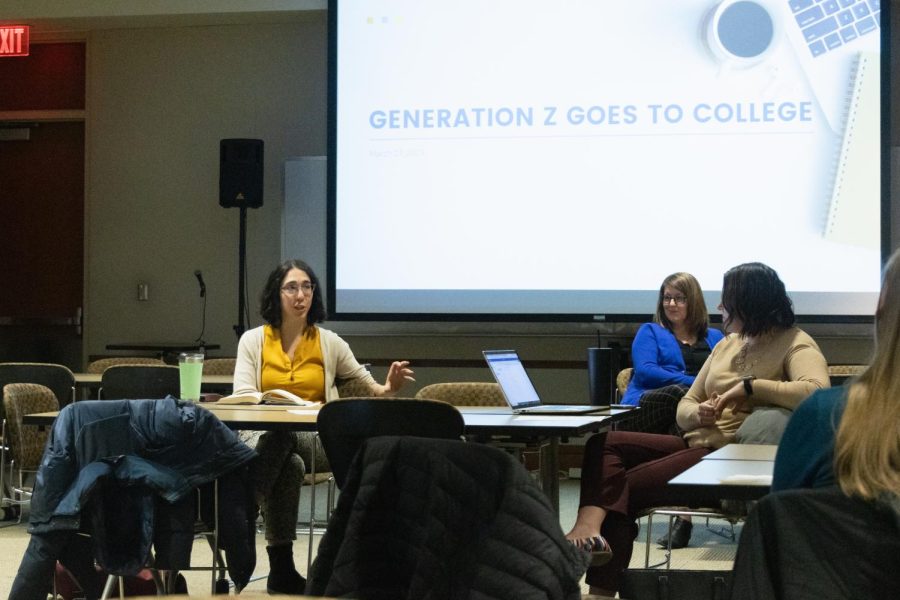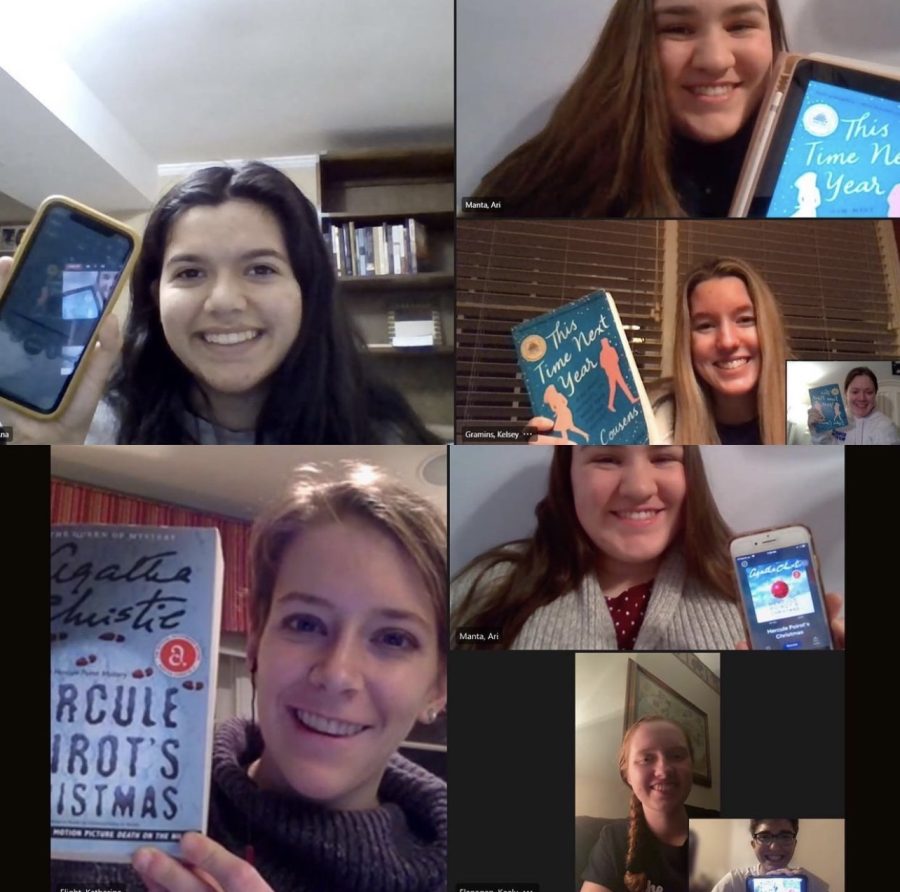The process of archiving Jim Foley’s writings is still in the works.
Foley was a Marquette Alumni who was murdered by ISIS while working as a conflict journalist in Syria. A collection of pictures, writings and his journals will be preserved at the Raynor Memorial Library.
The archiving process has begun, and its impact has already been felt by the Marquette community.
Thomas Durkin, a friend of Foley and the research and grant coordinator for the Center for Peacemaking, described a scene in which a mutual friend of his and Foley made a visit to Marquette.
Durkin went to the archives and along with him he brought an old friend of both him and Foley. Durkin brought his friend up to the table, and on top is a letter addressed to him. It was a letter Foley had written but was never been able to send to him.
The archives include pieces donated from the Foley family. Some will find their permanent home here at Marquette, and others will be digitalized and sent back to the family for them to keep.
Katie Blank, a leader on the project and the libraries archivist, is adamant about the importance of archiving work. She emphasizes the role it plays at Marquette, and in the world. She describes her job as documenting the history of the university.
“Democracy cannot exist without journalism, and journalism cannot exist without these records,” Blank said.
Blank says that some of the material, particularly the video Jim recorded, is graphic. However, she said this doesn’t take away from what needs to be presented.
“It’s what really happens in war zones, and it’s not easy to look at but it’s important and visceral,” Blank said.
In order to protect the privacy of the citizens mentioned in Jim writings, certain names and facts will be redacted until 2075. However, after that date the full versions will be available.
“This material is important because it not only preserves Jim legacy, but it also shows what was really happening in these places, in that time,” Blank said.
Blank and Durkin had the ability to come together and speak about this project at the Association of Marquette University Women book club meeting.
The meeting discussed the book, “American Mother” which highlights Foleys mother and her journey after his passing. The meeting also featured talks from Durkin about the book and Blank about the archival process. After, there was a question-and-answer section in which attendees had the opportunity to ask them about their thoughts on the book, or the logistics and importance of archiving Foley’s work.
The AMUW book club meets every spring and fall to discuss a new book. Emily Rodecap, the liaison for the group, said they wanted to focus on this book because of the recent materials.
“We try to pick books that are of interest, and that will help enhance the social, cultural and educational abilities of Marquette,” Rodecap said.
The group is open to anyone, and Rodecap says they seek to bring together Marquette’s past, present and future students.
“Tonight was a special pick,” Rodecap said.
Durkin spoke on the importance of the book, saying that by reading this book, one can learn where Foley got his faith and moral courage from, which is his mother, Diane Foley.
He finds importance in discussing books such as “American Mother“ for the greater conversation they can inspire.
“These conversations, particularly on college campuses where we have our future leaders studying, are important, and it’s important that we address these things.” Durkin said.
This story was written by Ruby Mulvaney. She can be reached at ruby.mulvaney@marquette.edu.


